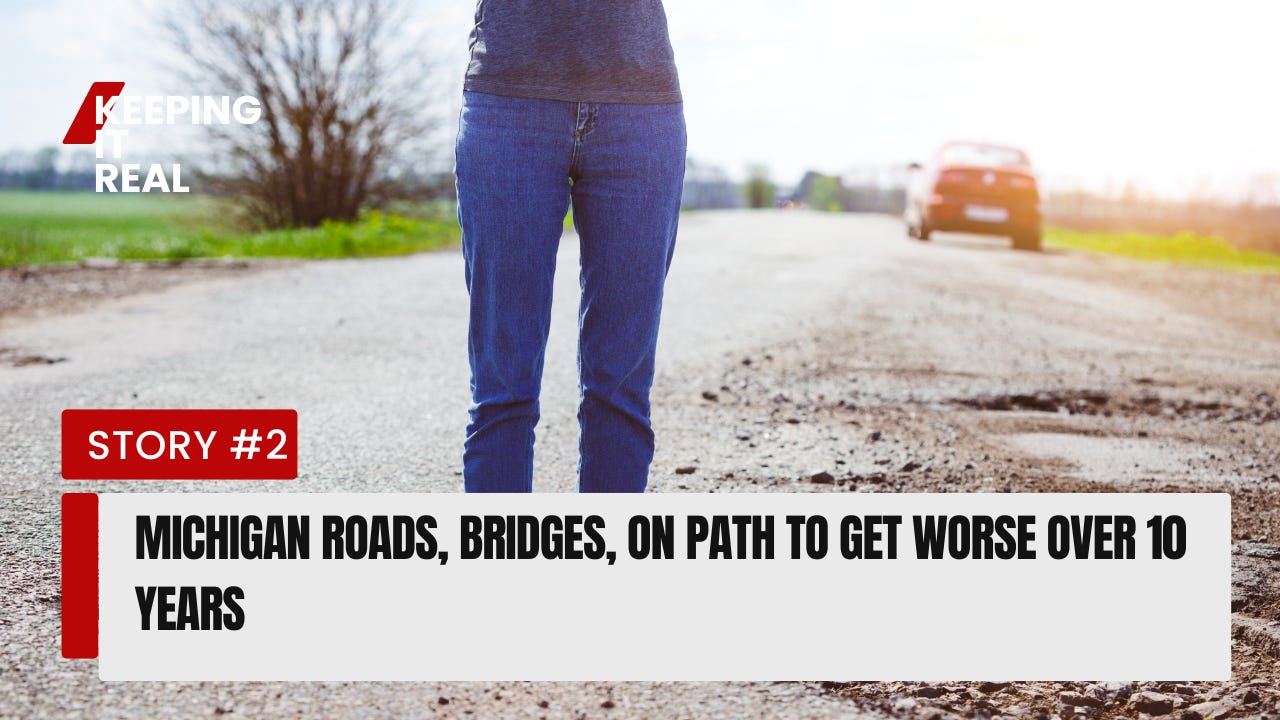Support independent journalism for just $5 a month and access exclusive content. Your subscription helps keep these vital stories available to all. Cancel anytime. Thank you to our current subscribers for your ongoing support! Join us in bringing light to untold stories.


WASHINGTON D.C. - Existing home sales fell in March by the most in over a year as mortgage rates lurched upward amid higher inflation readings.
Existing home sales in March fell 4.3% to a seasonally adjusted annual rate of 4.19 million, the National Association of Realtors reported on Thursday, as higher mortgage rates priced out many would-be buyers and led many homeowners to avoid selling and having to reenter the home loan market.
Total housing inventory at the end of March was 1.11 million units, up 4.7% from February and 14.4% from a year ago.
The median price of an existing home in February was $393,500, an increase of 4.8% from the year before. Additionally, homes typically remained on the market for 33 days in March, down from 38 days in February. Click here to read more.

LANSING, Mich - Gov. Gretchen Whitmer took to the social media platform X April 2 to tout the state’s work to fix the roads under her leadership. “Michigan has fixed: 20,000 lane miles of road 1,400 bridges. Say it with me: We’re fixing the damn roads – and I mean it!” Whitmer wrote. Official projections, however, show that on the current current trajectory, Michigan’s roads will get worse over the next 10 years.
Nearly two-thirds of Michigan’s roads are in good or fair condition, according to the Transportation Asset Mangement Council, which estimates that 25% are in good condition and 38% are fair. The percentage of roads in good or fair condition will drop to 52% by 2034, however, with 20% in good condition and 32% only fair. Nearly half of all roads (48%) will be in poor condition. Click here to read more.

SOUTH BEND, IN - An illegal immigrant has been charged over a car crash that killed an advisor to Democratic Nevada Sen. Catherine Cortez Masto earlier this month.
The suspect, 18-year-old Elmer Rueda-Linares, was charged by police with failing to stop at the scene of an accident after a crash at 4:30 a.m on April 6 in Reno led to the death of 38-year-old Kurt Englehart, a senior state advisor to Masto. Rueda-Linares was first charged by police with felony hit-and-run, according to the Reno Gazette Journal. According to the Department of Homeland Security, Rueda-Linares illegally entered the United States in March 2021.
“Rueda entered the United States March 12, 2021, at or near the Rio Grande City, Texas, Port of Entry without inspection by an immigration official,” DHS told the Reno Gazette Journal. “United States Customs and Border Protection arrested him, and he was later released on his own recognizance June 22, 2021.”
Immigration and Customs Enforcement placed an immigration detainer on Rueda-Linares on April 8. The suspect is currently behind bars at the Washoe County Jail with a $100,000 bail and is expected to appear before a Reno Justice Court judge Thursday afternoon. Click here to read more.

LANSING, Mich - New financial disclosure requirements reveal Gov. Gretchen Whitmer’s investments ballooned by about $500,000 over the last two years, fueled in part by oil company stocks.
The governor, lieutenant governor, secretary of state, attorney general and state lawmakers filed financial disclosure statements on Monday as required by Proposal 1, a ballot initiative approved by 66% of voters in 2022.
The intent of the initiative was to force public servants to annually disclose information on income, assets, liabilities, lobbyist gifts, and business interests, though legislation approved last year to implement the initiative created loopholes that shield critical information about salaries, and assets held by spouses, according to Bridge Michigan. Click here to read more.

SACRAMENTO, Calif. — A proposed California law would ban the most common method used to make decaffeinated coffee.
The method involves methylene chloride, an organic compound often used to remove caffeine from coffee. Methylene chloride is a known carcinogen, according to OSHA, and exposure to the compound in its raw form can harm the eyes, skin, heart and liver.
Assembly Bill 2066, authored by Assemblymember Eloise Gómez Reyes, D-District 50, would criminalize those who make or sell decaf coffee made with the compound. Violators could receive a $5,000 fine on first offense and a $10,000 fine on the second.
In an analysis of the bill, the author noted coffee prepared this way presents a particular risk for “pregnant people” as they are more likely to drink decaf for safety reasons. AB 2066 is currently with the state's Assembly Judiciary Committee, and if ultimately signed by Gov. Gavin Newsom, the law would take effect in Jan. 2027. Click here to read more.




















